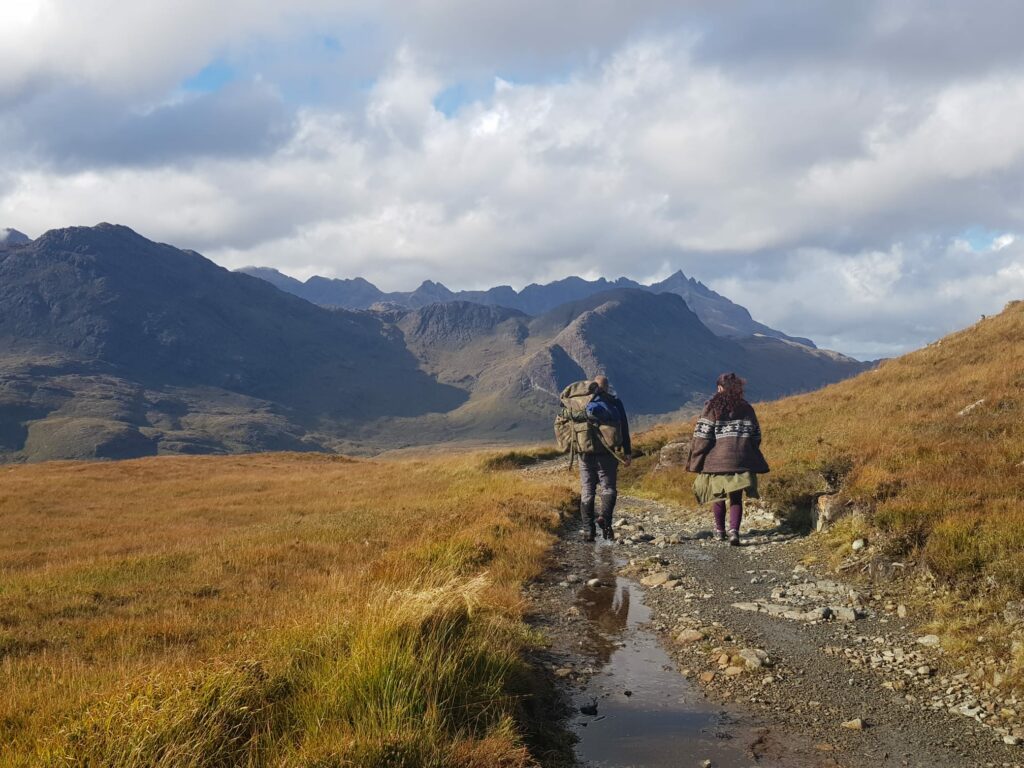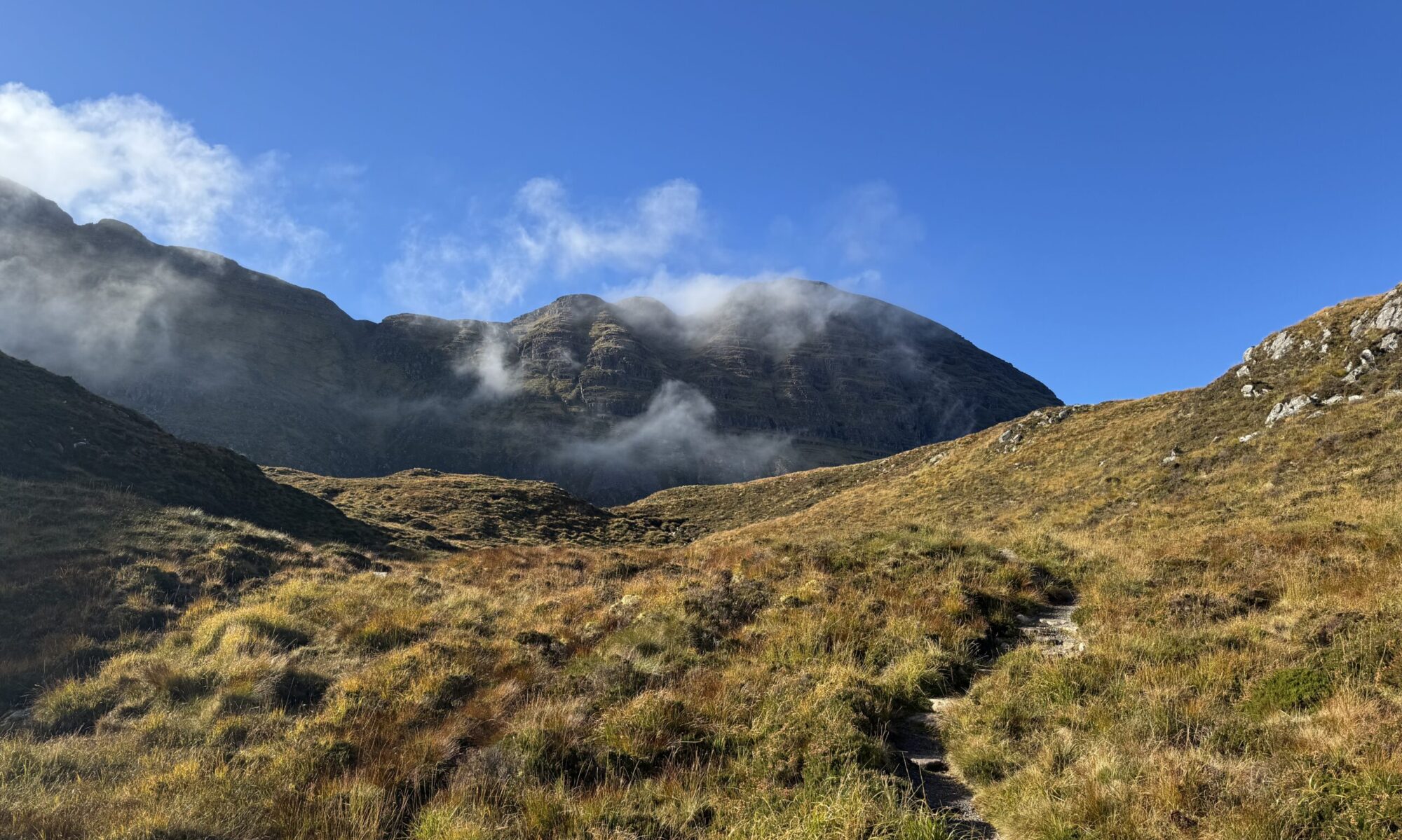Everybody has stuff they want to hide, a collection of unseen truths, an assortment of thoughts and emotions they choose to conceal from the world. At least, that’s how it often appears. Many faces’ endeavour is to mask their feelings, yet the effort is usually evident, betraying the expressions is a deeper fear of exposure, just beneath the surface. Observing individuals engaged in conversation without the benefit of hearing their words creates a unique opportunity to perceive meanings that transcend language. Imagine sitting on a train, surrounded by strangers whose lives intersect for a fleeting moment, each expression telling a story. There’s something candid, innocent, and almost pure about the act of being an observer in such a setting. There is no malice but an appreciation of human nature in its imperfect yet lovable nature.
Through my travelling times I have been present at the crossroads in the lives of some beautiful human beings. As it usually happens, while dealing with mine, I meet more and more people who find themselves amid changes. Some could say that is more than a coincidence, but I doubt the approach. It feels more like a shared human experience, a collective need to connect that arises when a fragment of our existence shatters, leaving an open space where new possibilities can emerge. This aligns with the idea, “In the midst of chaos, there is also opportunity.” When we find ourselves adrift, some seek guidance while others attempt to chart their course. Change is linear; it follows after itself, never ceasing. Yet time is circular; it comes back, repeating the pattern of day and night, the pattern of the seasons, the round clock on the wall marking the hours. But these things are never the same. Spring is spring, but no spring is the same spring. No silence is the same silence, and no one else can experience this moment as I do, not even myself. This moment will never be re-experienced.

Acknowledging the need to ask for directions is, in itself, an act of vulnerability. Fear and mistrust can easily take hold when we are uncertain about our path; stubbornness and recklessness often become the most detrimental responses to confusion. So, how do we navigate toward a more constructive approach in the face of uncertainty? Many Eastern philosophies emphasise the importance of stillness when confronting confusion. In contrast, Western culture often celebrates vocal expression and quick solutions. The global narrative we encounter—through memes, quotes, and various forms of media—presents us with a duality of messages that can feel contradictory yet hold elements of truth.
We oscillate between these two states in our daily lives, often overlooking their significance. Truths and falsities dance in front of our eyes and within our experience, but we have hardly been given the tools to detangle their meanings. We rush from one to the other, perpetually feeling as if we are missing something essential. Many of us, while engaged in conversation, yearn for the stillness of home, yet when we find ourselves at home, we frequently fill the silence with music, television, or the incessant tapping of messages on our screens. Achieving true stillness is a more challenging endeavour than we might anticipate.
I imagine the life of a Buddhist monk, spending their days in remote temples, enveloped in a silence that resonates with the essence of nothingness. How different their experience is, in stark contrast to our bustling lives, as they embrace the stillness many of us find so elusive. Maybe we have a different definition of stillness. We coloured it with some idealistic colours, like this image, the monk, the remoteness, the ritualistic nature of a belief system, a church, or a temple. The narrative we are presented with feels unapproachable, distant and impossible—a stark contrast with our direct experience in bustling cities and fast-paced lives. Suppose we can redefine what this stillness means for our subjective experience. It is possible that we might already experience some timelessness moment every day, zooming out mentally, staring into the nothingness of a thoughtless second, even if it is just brushing your teeth, in front of a mirror or sitting at the bus stop with noise cancelling headphones. The sudden realisation, a crystalising moment of bright light. But if you can’t, imagine a monk in a temple. Do visit your favourite forest. Stop at the crossroads, ask questions and take your time before you move forward.
